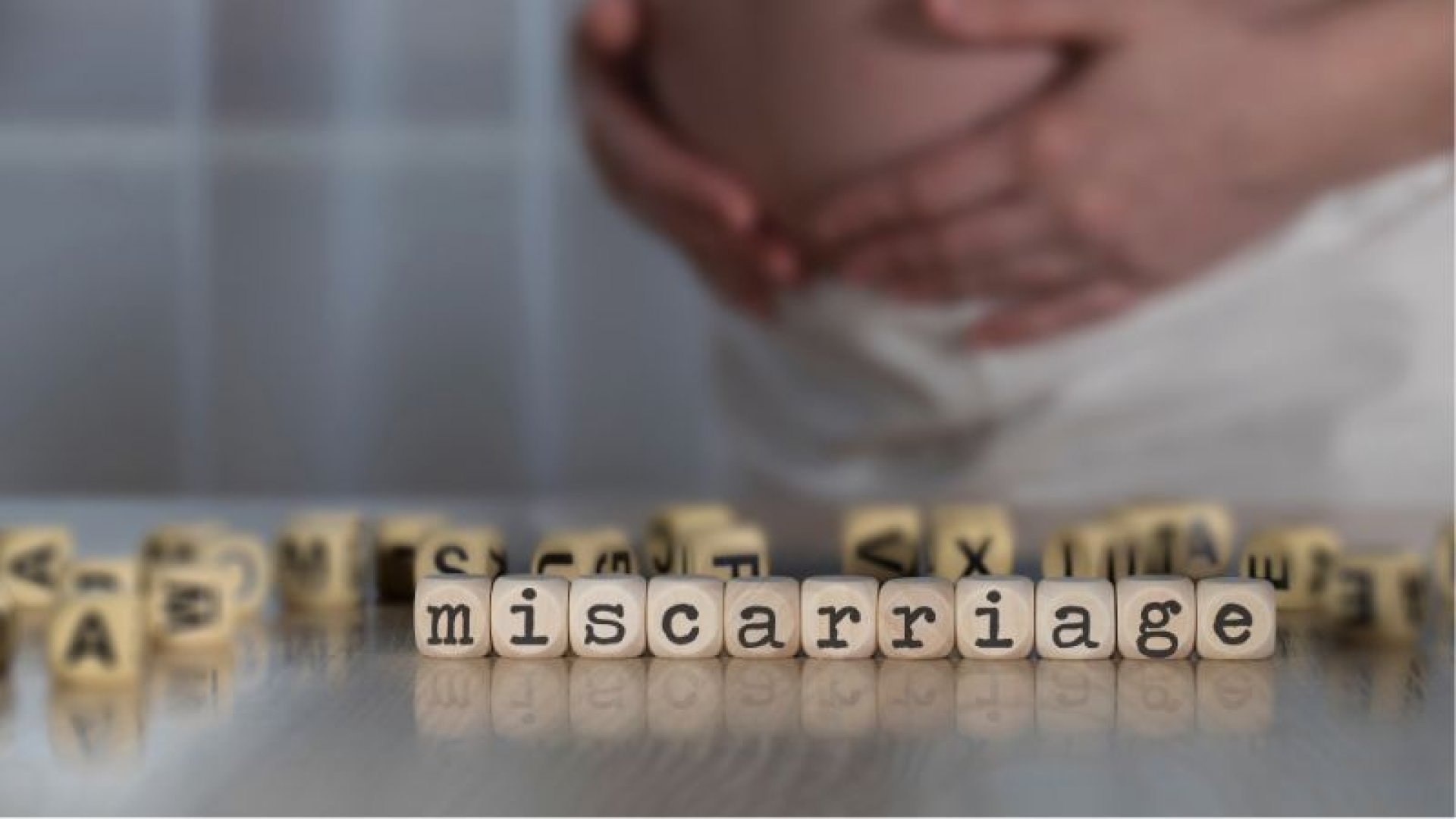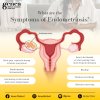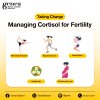유산의 이해: 원인, 증상, 정서적 치유

Miscarriage, or pregnancy loss, is an experience no one ever expects or wants to go through. Yet, its more common than many people realize. If it happens, understanding the reasons behind it, knowing the signs, and learning how to healboth physically and emotionallycan make moving forward a little easier.
What Causes a Miscarriage?
Many miscarriages, especially in the early weeks of pregnancy, happen because of chromosomal abnormalities. Think of chromosomes as the instruction manual for how a baby grows. Each embryo has 23 pairs of chromosomes, and if one pair has an extra or is missing, the baby might not be able to develop properly. This is often the bodys way of ensuring only healthy pregnancies continue, but it doesnt make the loss any less difficult.
Other common causes of miscarriage include:
- Hormonal imbalances
- Health conditions like PCOS or thyroid disorders
- Problems with the uterus, such as fibroids or polyps
Even after successful conception through IVF or ICSI, factors such as maternal age or underlying health issues can still increase the risk of a miscarriage pregnancy loss. This is why identifying and addressing these risks early is so important. Typically, the risk of having a second miscarriage after a woman has a first one is 20%. That risk for another miscarriage increases to 25% and 35% respectively after having second and third miscarriages.
Recognizing the Symptoms
Symptoms like spotting, cramping, or a sudden change in pregnancy signssuch as less nausea or breast tendernesscan sometimes indicate a miscarriage. If you notice something unusual, its important to contact your doctor right away. Early detection can help manage the situation and prepare you for the next steps.
Why Miscarriages Can Happen After IVF or ICSI
While IVF and ICSI are incredible technologies for helping couples conceive, miscarriages can still happen. Some common reasons include:
- Chromosomal Abnormalities: Even embryos selected for implantation may have undetected chromosomal issues.
- Maternal Age: Women over 35 have a higher risk of miscarriage, even with IVF or ICSI.
- Health Conditions: Issues like PCOS, endometriosis, or thyroid disorders can also contribute to pregnancy loss.
Working with a fertility specialist can help address these risks and reduce potential complications.

Reducing the Risk of Miscarriage After IVF and ICSI
For families undergoing IVF and ICSI, advanced genetic testing can significantly lower the risk of miscarriage. PGT-A (Preimplantation Genetic Testing for Aneuploidy) screens embryos for chromosomal abnormalities before implantation, ensuring only the healthiest embryos are used. At Genea, we also offer:
- PGT-M (Preimplantation Genetic Testing for Monogenic Disorders): This test looks for inherited genetic conditions, like cystic fibrosis or Huntingtons disease.
- PGT-SR (Preimplantation Genetic Testing for Structural Rearrangements): This test checks for chromosomal structural issues, such as translocations, which can lead to miscarriage or failed implantation.
These advanced technologies provide families with reassurance and increase the chances of a successful pregnancy. Other ways to reduce miscarriage risks include:
- Improving uterine health through lifestyle changes and medical treatments
- Managing underlying health conditions with your doctors guidance
- Following a personalized care plan designed by your fertility team

Healing and Moving Forward
Miscarriage is not just a physical experienceits an emotional journey too. Its okay to feel a wide range of emotions, from sadness to anger, and to take the time you need to grieve. Talking to someone you trusta friend, family member, counselor, or support groupcan make a huge difference.
Taking care of yourself is also crucial. Focus on small steps, like getting enough rest, eating well, and finding activities that help you relax and recharge. This will help you regain the strength you need, both physically and emotionally, to move forward.
With advanced tools like PGT-A, PGT-M, and PGT-SR, and with the right care and support, there is always hope. Every familys story is unique, and each step forward brings you closer to building the family you dream of.


